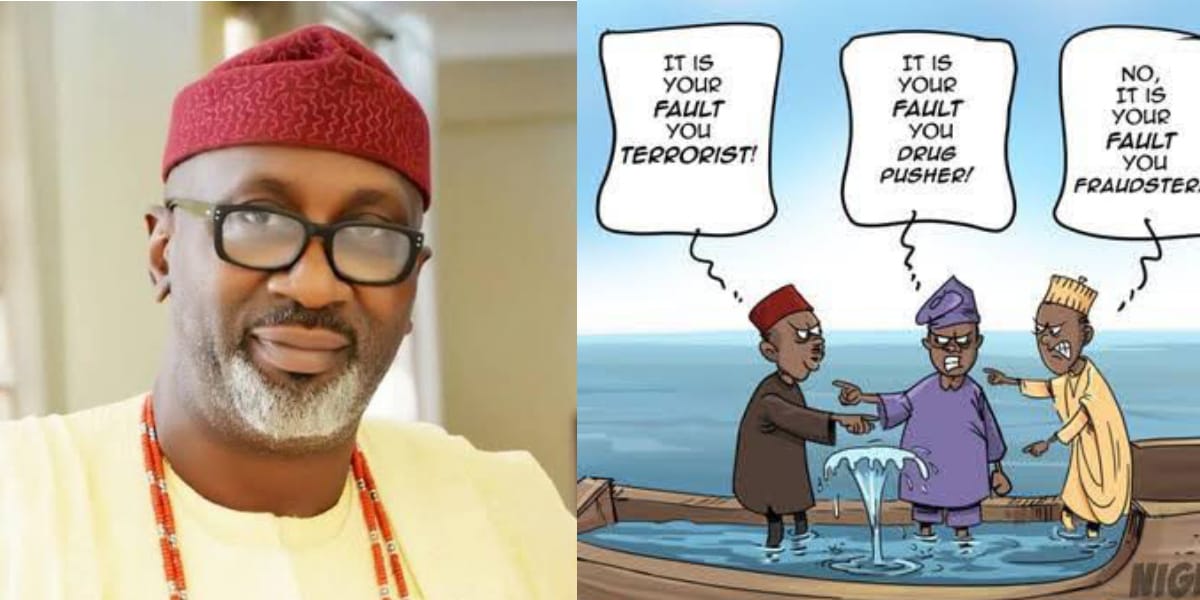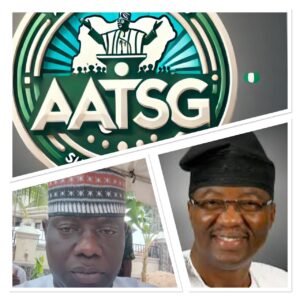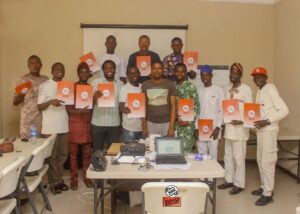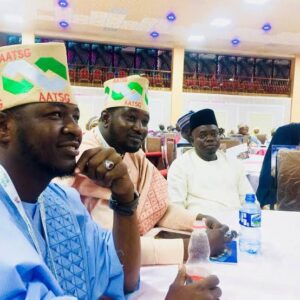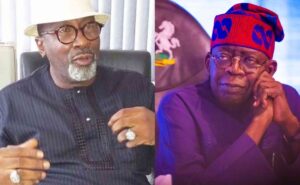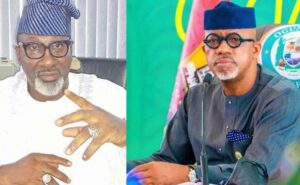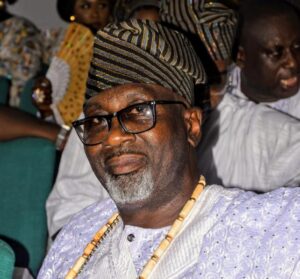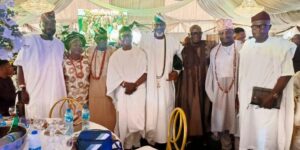Nigeria which way forward part Three – Why we must fight tribalism
Tribalism have always had negative effect on effective good governance of many African countries including Nigeria. Countries with high tribal populations generally experience bad governance in terms of government ineffectiveness Tribal loyalties mostly influence the effectiveness of political parties, which are considered by political scientists to be the most important institutions of democracy. Tribalism would always definitely lead to conflict and dampen development in majority of the tribes.
Development assistance can help support effective governance and dampen conflict in these communities.
Tribalism can also test the limits of individual rights and tribal sovereignty However, tribal self-government can safeguard democracy by ensuring that indigenous people are not only governed by the federal and state governments but also have a say in their own governance In summary, tribalism will negatively impact the effective governance of any country by leading to bad governance, conflict, and dampened development.
The past several years have seen a surge in state and non-state violence, threatening people’s lives and contributing substantially to poverty and food crisis.
What should be done to improve the situation?
At the heart of this shift is an uptick in tribalism, which has washed across countries and cultures with the tides of globalization. As people experience a seemingly ceaseless merging of old and new, familiar and foreign, they tend to retreat into physical, digital and psychological communities where they feel safe and comfortable. They revert to tribes.
Why is it so hard to overcome tribalism?
First, decision-making becomes based not on logic, but loyalty. A threat to a single person in a tribe is a threat to the whole group, exacerbating identity-based differences and escalating conflict.
We view the other’s identity narrowly and simplistically – “they are a threat” – and so see no use in collaborating.
This dynamic is what is called the tribes effect an adversarial mindset in which each side is convinced of its own rightness and insulates from learning about the other’s perspective.
Secondly, when tribes clash, the richness of identity is reduced to a single differentiating factor: which is are you an insider or outsider?
We support the insider and demonize the other. We fail to see the social and political divisions within each tribe, just as we fail to engage a wide variety of stakeholders who could positively influence efforts at conflict resolution.
Thirdly, tribalism leads parties to fight for their own substantive demands (“terms of a deal”), while little attention is given to healing the sociopolitical fractures that structurally underpin the conflict. Thus, even if a tribal clash results in an agreement, the underlying dynamics persist, often underground or in new forms. Now we must do things differently to address modern tribalism?
Get interested in identity. As stakeholders in the conflict come to better appreciate each other’s stories of grievance, the forces of tribalism start to fade.
Disputants come to see each other as human beings with complex motivations and morals, and identity turns from a source of division into a basis for unity. Learning about the other side’s story takes courage – it may go against a disputant’s fundamental values and may cause them to be seen as a traitor to their own tribe. These risks can be reduced by organizing safe spaces for identity-based storytelling between sides.
Engage a diverse set of stakeholders to disrupt the tribalistic mindset and address the broader issues at stake.
Inviting otherwise unassuming stakeholders to engage in a conflict is the equivalent of holding up a mirror not only to the stakeholders, but also to the conflict itself, revealing dynamics that may not have otherwise been apparent.
Positive steps should be taken towards promoting dialogue by bringing together a diverse array of parties from government, business, civil society and international institutions. We believe this multi-stakeholder approach to conflict resolution warrants greater adoption.
Addressing the substantive and identity-based elements of conflict. We must start building a process to address this very important aspect of healing, which is called “systemic dialogue”. This approach helps parties jointly problem-solve their differences and repair the torn social fabric. The model will then support the inclusion of a diverse set of stakeholders, the transcending of overt differences through the sharing of identity narratives, and the mending of deeper societal divisions through constructive action.
I believe this new form of multi-stakeholder dialogue holds great promise for healing the tribal divides that are plaguing our country Nigeria.
Otunba Abdulfalil Abayomi ODUNOWO
National Chairman AATSG
Continued in part 4

